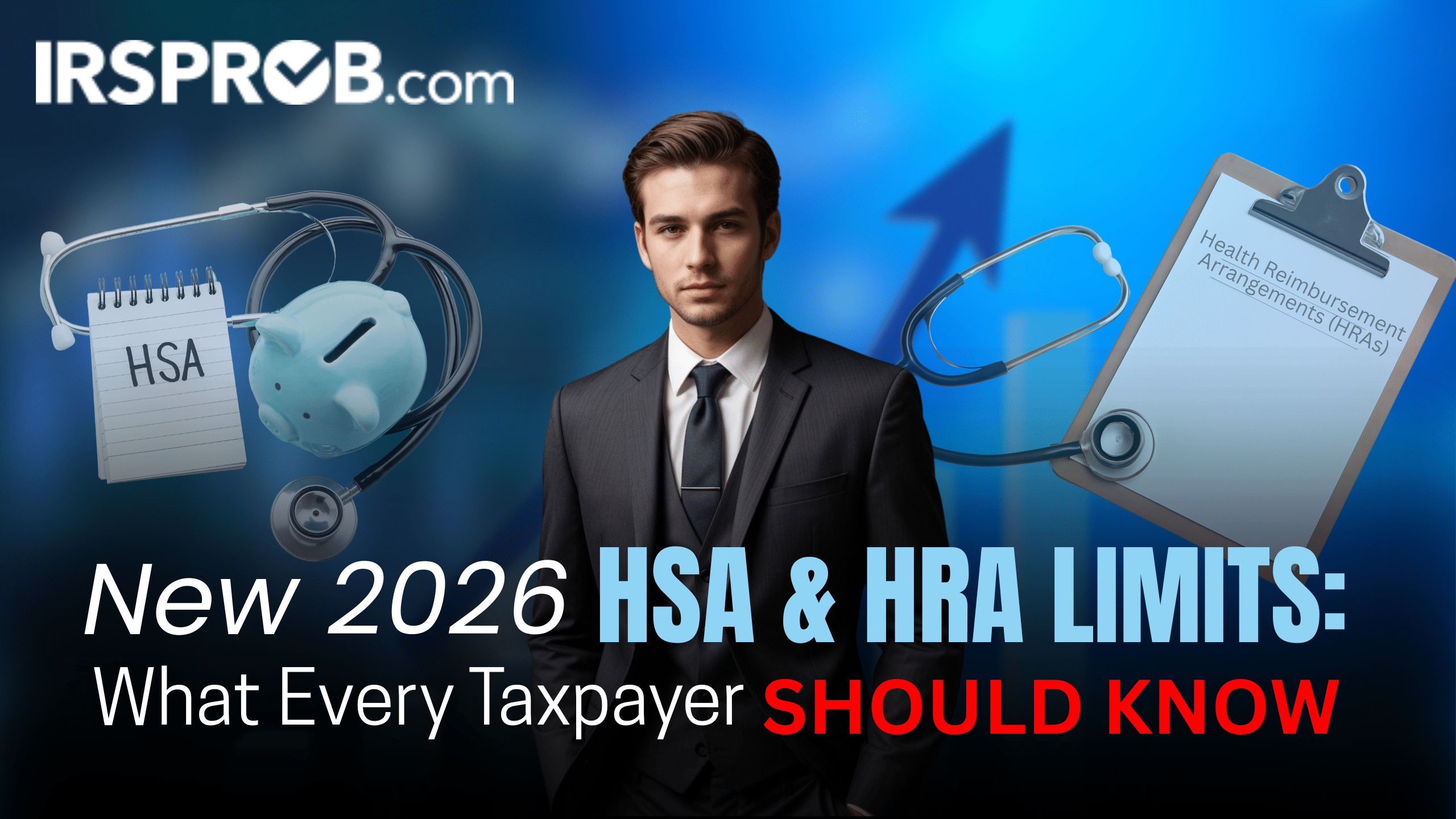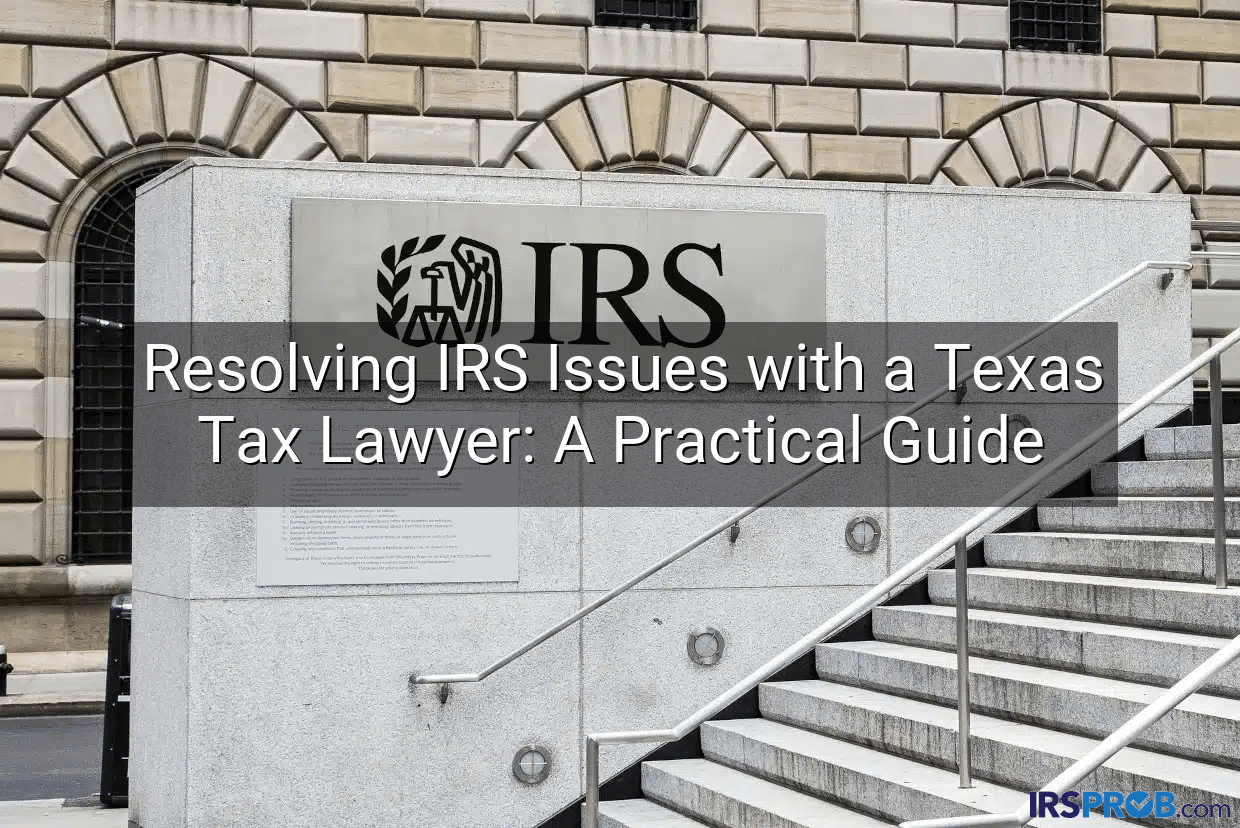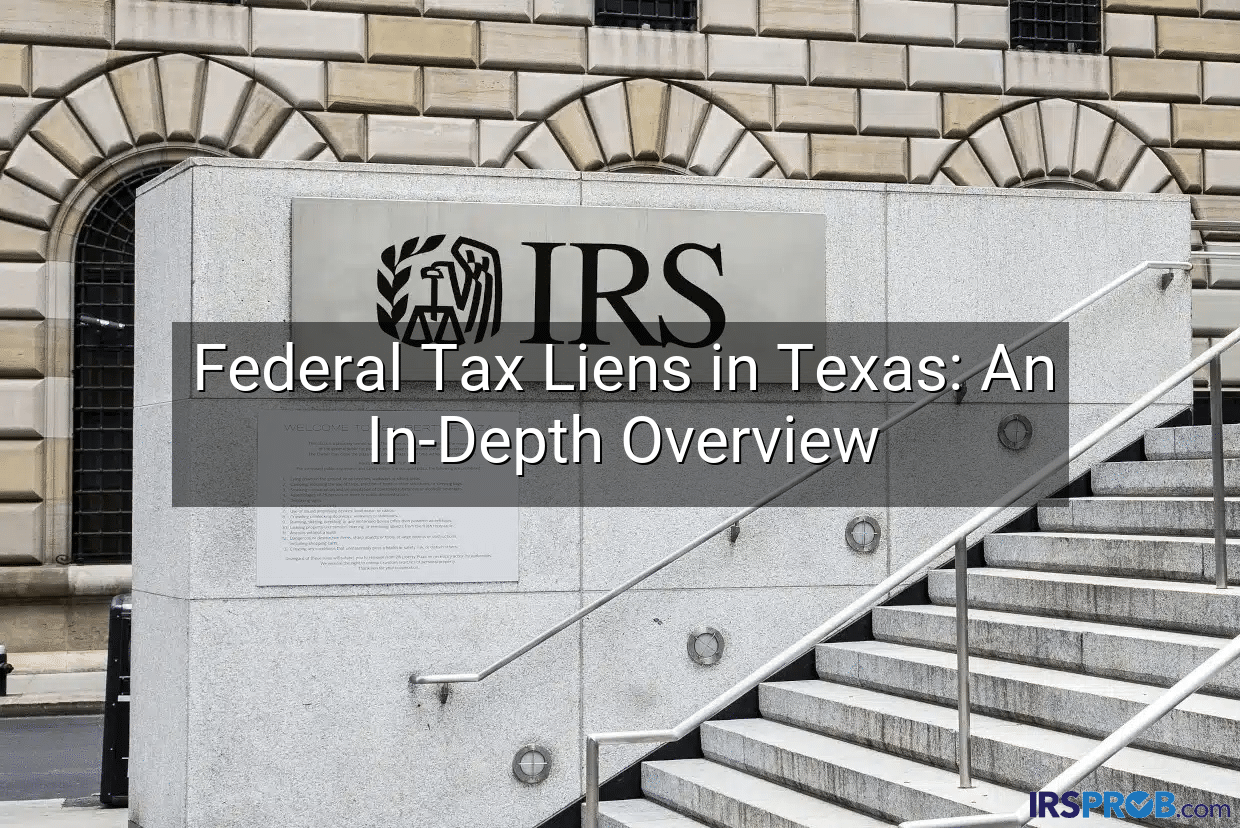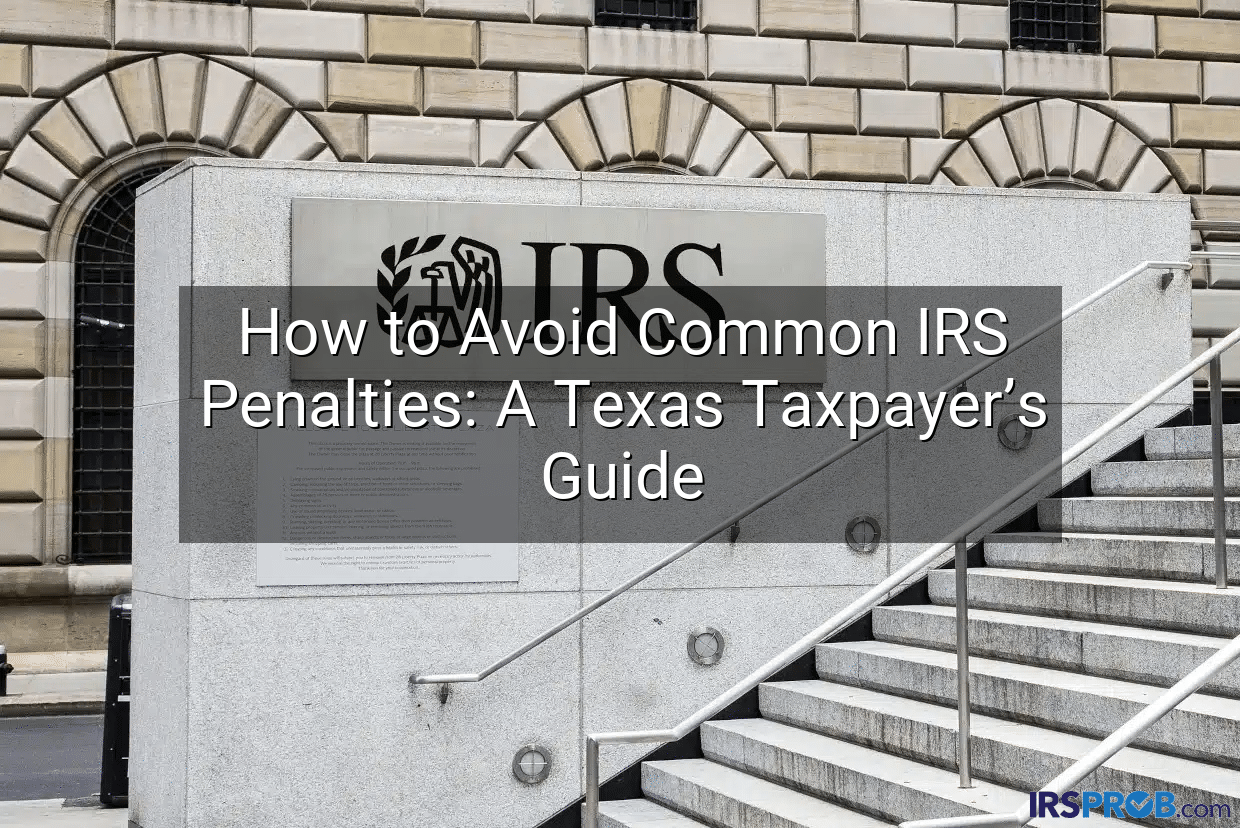The IRS has released proposed regulations proposing to treat taxpayer-paid expenses related to certain medical care arrangements, including direct primary care arrangements, health care sharing ministries, and government-sponsored health care programs, as deductible under Code Sec 213.. Also, a health reimbursement arrangement would be able to provide reimbursements for direct primary care arrangement fees and for payments for membership in a health care sharing ministry.
Code Sec 213(a) allows a deduction for expenses paid during the tax year, not compensated for by insurance or otherwise, for medical care of the taxpayer, the taxpayer’s spouse, and the taxpayer’s dependent, to the extent the expenses exceed 10% of adjusted gross income (AGI) (7.5% of AGI for a tax year beginning before January 1, 2021).
Code 213 Sec (d)(1) defines “medical care” as amounts paid for (A) the diagnosis, cure, mitigation, treatment, or prevention of disease, or for the purpose of affecting any structure or function of the body; (B) transportation primarily for and essential to obtaining medical care referred to in (A); (C) qualified long-term care services; or (D) insurance covering medical care and transportation as described in (A) and (B), respectively (“medical insurance”), including supplementary medical insurance for the aged (Medicare Part B), and any qualified long-term care insurance contract.
An HRA is, in general, a type of account-based group health plan funded solely by employer contributions (with no salary reduction contributions or other contributions by employees) that reimburses an employee solely for medical care expenses incurred by the employee (and, at the discretion of the plan sponsor, the employee’s family), up to a maximum dollar amount for a coverage period.
On June 24, 2019, the president issued Executive Order 13877, “Improving Price and Quality Transparency in American Healthcare to Put Patients First” (84 FR 30849 (June 27, 2019)). The Executive Order directs the IRS to “propose regulations to treat expenses related to certain types of arrangements, potentially including direct primary care arrangements and healthcare sharing ministries, as eligible medical expenses under Code Sec (d) .”
Expenses paid for medical care under section 213(d)(1)(A) would include amounts paid for a direct primary care arrangement And amounts paid for membership in a health care sharing ministry that shares expenses for medical care under section 213(d)(1)(A), would be payments for medical insurance under Code Sec 213 (d)(1)(D).
A “direct primary care arrangement” would be a contract between an individual and one or more primary care physicians under which the physician or physicians agree to provide medical care (as defined in Code Sec 213 (d)(1)(A) for a fixed annual or periodic fee without billing a third party.
For the purpose of Code Sec 213, a health care sharing ministry would be an organization: (1) which is described in Code Sec 501 (c)(3) and is exempt from taxation under Code Sec 501(a); (2) members of which share a common set of ethical or religious beliefs and share medical expenses among members in accordance with those beliefs and without regard to the State in which a member resides or is employed; (3) members of which retain membership even after they develop a medical condition; (4) which (or a predecessor of which) has been in existence at all times since December 31, 1999, and medical expenses of its members have been shared continuously and without interruption since at least December 31, 1999; and (5) which conducts an annual audit which is performed by an independent certified public accounting firm in accordance with generally accepted accounting principles and which is made available to the public upon request.
The definition of health care sharing ministry is the same as is found in Sec 5000(a)(d)(2)(b)(ii)(regarding the minimum essential coverage rules for purposes of the Affordable Care Act’s individual mandate)
Under the proposed regs, an HRA would be able to provide reimbursements for direct primary care arrangement fees. And an HRA would be able to reimburse payments for membership in a health care sharing ministry as a medical care expense under Code SEC 213(d).
The proposed regulations also propose that the following government-sponsored health care programs would also be medical insurance under Cod Sec 213 (d)(1)(D): (i) The Medicare program under title XVIII of the Social Security Act (42 USC 1395c and following sections), including Parts A, B, C, and D; (ii) Medicaid programs under title XIX of the Social Security Act (42 USC 1396 et seq.); (iii) The Children’s Health Insurance Program (CHIP) under title XXI of the Social Security Act (42 USC 1397aa et seq.); (iv) Medical coverage under chapter 55 of title 10 USC, including coverage under the TRICARE program (insurance for members of the military and their families); and (v) Veterans’ health care programs under chapter 17 or 18 of title 38 USC.
Payments of premiums, etc. for these government-sponsored health care programs have historically been treated as deductible by IRS.
Therfore, to the extent one of these government-sponsored health programs requires individuals to pay premiums or enrollment fees for coverage under the program, those amounts would be eligible for a deduction as a medical expense under Code Sec 213..
Effective date. The proposed regulations are proposed to apply for tax years that begin on or after the date of publication of a Treasury decision adopting these rules as final regulations in the Federal Register.








